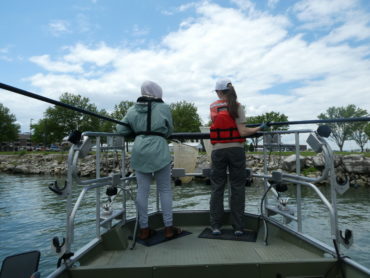-
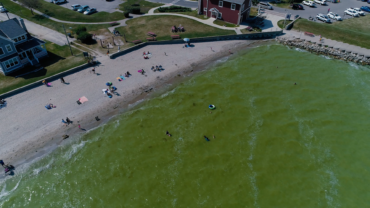 Algae BloomsFeature HomepageJames ProffittLake ErieMichiganNewsOhioPolitics, Policy, Environmental JusticeResearch, Data and TechnologyScience, Technology, ResearchU.S. and Canadian Federal GovernmentsWater Quality and Restoration Efforts
Algae BloomsFeature HomepageJames ProffittLake ErieMichiganNewsOhioPolitics, Policy, Environmental JusticeResearch, Data and TechnologyScience, Technology, ResearchU.S. and Canadian Federal GovernmentsWater Quality and Restoration EffortsStudy suggests phosphorous reduction alone could lead to more toxic algae
-A new study says efforts to reduce harmful algae blooms by limiting phosphorous in Lake Erie could result in more toxic algae.
10 -
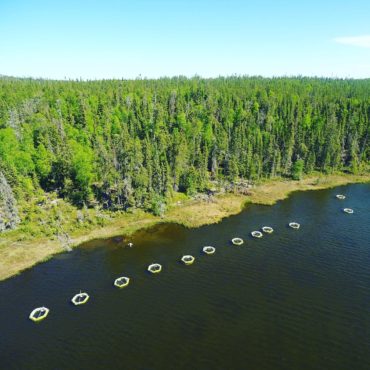 Fish, Birds and AnimalsIndustry, Energy, Economic DevelopmentLake OntarioLatest NewsNewsPolitics, Policy, Environmental JusticeResearch, Data and TechnologyScience, Technology, ResearchSharon Oosthoek
Fish, Birds and AnimalsIndustry, Energy, Economic DevelopmentLake OntarioLatest NewsNewsPolitics, Policy, Environmental JusticeResearch, Data and TechnologyScience, Technology, ResearchSharon OosthoekHow will tire chemicals affect Great Lakes fish? Some scientists hope to find out
-A relatively unknown chemical has come to recent attention as concern mounts over what it could do to our fish populations.
-
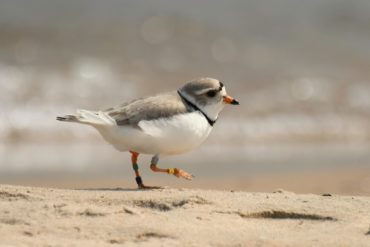 Beaches, Boating, Paddle Sports and SailingCollaborationFish, Birds and AnimalsGreat Lakes News CollaborativeHabitat RestorationLatest NewsMichiganMinnesotaNewsRecreation and TourismResearch, Data and TechnologyScience, Technology, ResearchWater Quality and Restoration Efforts
Beaches, Boating, Paddle Sports and SailingCollaborationFish, Birds and AnimalsGreat Lakes News CollaborativeHabitat RestorationLatest NewsMichiganMinnesotaNewsRecreation and TourismResearch, Data and TechnologyScience, Technology, ResearchWater Quality and Restoration EffortsEndangered piping plovers are recovering but still need human help
-Habitat loss, pressure from recreation and predation are among the biggest threats the piping plovers face on Great Lakes shores.
-
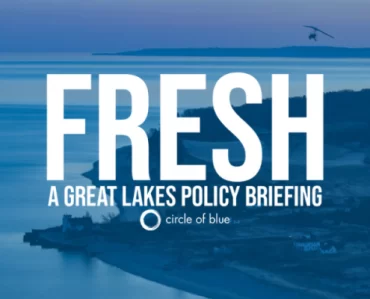 Great Lakes News CollaborativeInfrastructureMichiganMinnesotaOhioOntarioPFASPolicyPolitics, Policy, Environmental JusticeResearch, Data and TechnologyU.S. and Canadian Federal GovernmentsWater Quality and Restoration EffortsWisconsin
Great Lakes News CollaborativeInfrastructureMichiganMinnesotaOhioOntarioPFASPolicyPolitics, Policy, Environmental JusticeResearch, Data and TechnologyU.S. and Canadian Federal GovernmentsWater Quality and Restoration EffortsWisconsinFRESH: Research Highlights Gaps in Federal Air Pollution Data
-Fresh is a biweekly newsletter from Circle of Blue that unpacks the biggest international, state, and local policy news stories facing the Great Lakes region today.
-
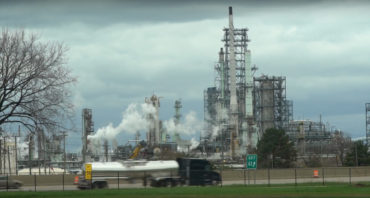 AdvocacyCollaborationDetroitEquity and Environmental JusticeMichiganMunicipalitiesNewsPolicyPolitics, Policy, Environmental JusticeResearch, Data and TechnologyScience, Technology, ResearchWater Quality and Restoration Efforts
AdvocacyCollaborationDetroitEquity and Environmental JusticeMichiganMunicipalitiesNewsPolicyPolitics, Policy, Environmental JusticeResearch, Data and TechnologyScience, Technology, ResearchWater Quality and Restoration EffortsAs agencies seek more environmental justice data, longtime residents are skeptical
-Environmental regulators hope new data-driven tools will help identify hotspots and drive environmental justice. Some activists, who’ve been fighting polluters for decades, have doubts that more information will make a difference.
-
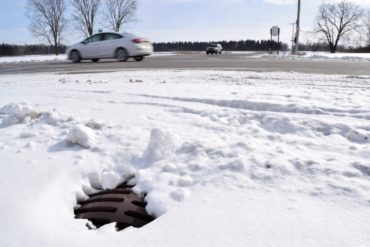 ClevelandCollaborationDrinking WaterEnergy, Clean Energy, Ethanol and FrackingIndustry, Energy, Economic DevelopmentInfrastructureLatest NewsNewsOhioResearch, Data and TechnologyScience, Technology, ResearchWater Quality and Restoration Efforts
ClevelandCollaborationDrinking WaterEnergy, Clean Energy, Ethanol and FrackingIndustry, Energy, Economic DevelopmentInfrastructureLatest NewsNewsOhioResearch, Data and TechnologyScience, Technology, ResearchWater Quality and Restoration EffortsOhio residents fight to get radioactive oil and gas waste off their roads
-At least 13 states allow drilling waste to be used for road de-icing, dust suppression, and maintenance.
-
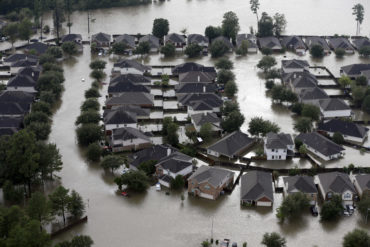 APClimate ChangeDrinking WaterGroundwater ContaminationIllinoisInfrastructureLeadMichiganMunicipalitiesNewsPFASResearch, Data and TechnologyScience, Technology, ResearchWater Quality and Restoration Efforts
APClimate ChangeDrinking WaterGroundwater ContaminationIllinoisInfrastructureLeadMichiganMunicipalitiesNewsPFASResearch, Data and TechnologyScience, Technology, ResearchWater Quality and Restoration EffortsClimate-driven flooding poses well water contamination risks
-While many private wells provide safe water, the absence of regulation and treatment afforded by larger municipal systems may expose some users to health risks, from bacteria and viruses to chemicals and lead.
-
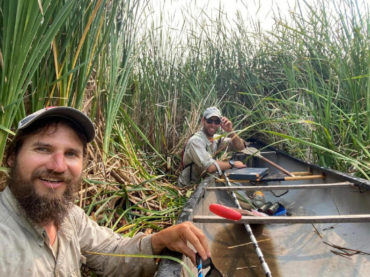 CollaborationFish, Birds and AnimalsForests and PlantsHabitat RestorationInvasive SpeciesLake MichiganMichiganNewsResearch, Data and TechnologyScience, Technology, ResearchWater Quality and Restoration EffortsWisconsin
CollaborationFish, Birds and AnimalsForests and PlantsHabitat RestorationInvasive SpeciesLake MichiganMichiganNewsResearch, Data and TechnologyScience, Technology, ResearchWater Quality and Restoration EffortsWisconsinRising water makes Lake Michigan wetlands vulnerable to invaders
-A new study documents the first sighting of the invasive species, European frogbit, in Wisconsin and says that it could threaten native plants, fish and invertebrates.
-
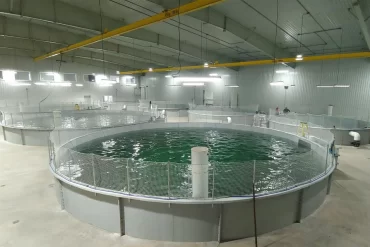 AgricultureFeature HomepageFish, Birds and AnimalsIndianaIndustry, Energy, Economic DevelopmentLatest NewsMichiganMinnesotaNewsOhioOntarioPolitics, Policy, Environmental JusticeResearch, Data and TechnologyScience, Technology, Research
AgricultureFeature HomepageFish, Birds and AnimalsIndianaIndustry, Energy, Economic DevelopmentLatest NewsMichiganMinnesotaNewsOhioOntarioPolitics, Policy, Environmental JusticeResearch, Data and TechnologyScience, Technology, ResearchMassive salmon farm gets green light from Ohio DNR
-The aquaculture operation, which would pump 4 million gallons a day from the Michindoh Aquifer, has some residents concerned about what it would do to water levels.


